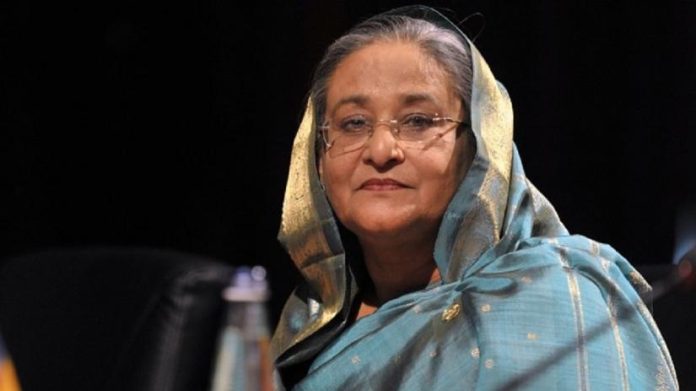Dhaka: The International Crimes Tribunal-1 in Bangladesh has begun hearing arguments in the high-profile case involving former Prime Minister Sheikh Hasina, former Home Minister Asaduzzaman Khan, and ex-Inspector General of Police Chowdhury Abdullah Al Mamun.
Hasina and Asaduzzaman are being tried in absentia after absconding, while Mamun has turned state witness, providing testimony against the prosecution’s case. The tribunal is examining charges of crimes against humanity linked to the July 2024 mass uprising.
Prosecutors allege that Hasina attempted to cling to power during the unrest by holding National Security Council meetings on August 4–5, 2024. She reportedly refused to resign, praised the police chief, expressed dissatisfaction with the army, attempted a televised address, and contacted both family members and India’s National Security Advisor for support.
The prosecution claims Hasina ordered the army to fire on protesters and directed the air force to suppress the movement. Her departure to India is said to have been facilitated by senior security officials within a 45-minute window.
Evidence presented included multimedia reports supporting the prosecution’s narrative. Prosecutor Tajul Islam linked Hasina’s actions to a historical pattern of authoritarianism under her leadership and under Sheikh Mujibur Rahman, arguing that irregularities in governance contributed to the collapse of the regime on August 5, 2024.
The trial has drawn national and international attention, highlighting questions of accountability for political leaders during periods of civil unrest. Legal experts note that proceedings in absentia remain rare and controversial, raising discussions on due process and the role of state witnesses in high-profile cases.




